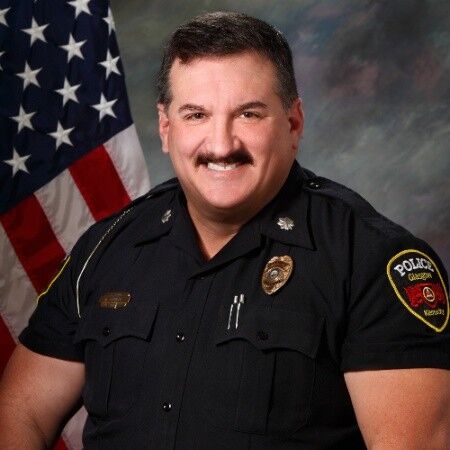Service program in danger of cuts
Published 12:00 am Thursday, June 15, 2006
When “T.D.” came to Community Action of Southern Kentucky, the Vietnam veteran was homeless, had no job and faced bills from a host of medical problems, including six heart attacks.
Community Action helped T.D. – identified with only a nickname in the group’s 2004-05 annual report – apply for aid and get back on his feet.
Now, a proposal before the House of Representatives could affect the nonprofit’s ability to help poor Kentuckians by cutting funding for Community Action programs.
On Tuesday, the Republican-controlled House appropriations committee approved the 2007 budget for the Department of Health and Human Services. Included in that budget is the Community Services Block Grant, which funds the 1,100 locally controlled Community Action organizations around the country.
That budget reduced funding for the grant to $449 million, down from $630 million in the 2006 budget, a 29 percent cut.
President Bush’s proposed budget for 2007 eliminated funding for the grant entirely.
In 2006, Community Action of Southern Kentucky, based in Bowling Green with offices in 10 counties, received $645,846 from the grant, director Cheryl Allen said. A 29 percent reduction would take that down to about $460,000.
Although the group had a budget of about $12 million last year, the block grant pays for most of the agency’s staff. Because money follows groups that are well organized, that core of $645,000 attracts other grants that make up the rest of the budget, Allen said.
“Each Community Services Block Grant dollar leverages nearly $5 in non-federal funds,” she said. Statistics from the National Community Action Foundation put that amount at $4.87 in state, local and private money.
Besides paying for staff, the block grant provides a number of services for families whose income is no more than 125 percent of the federal poverty guidelines. These include finding housing for the homeless, paying for home heating in the winter, providing seeds for home gardens and awarding college scholarships.
In 2005, the local group aided 803 homeless adults and children, and also gave heating assistance to 8,460 households.
Community Action groups are most critical in rural areas, where they are often the only group – including governments – providing services for the poor, said David Bradley, executive director of the National Community Action Foundation.
“In the rural areas, CSBG is it,” he said.
Cutting the funding immediately impacts people in those counties, said Bradley, who started Community Action in 1980.
“We know historically that if CSBG is cut, the first people to feel a dramatic – a dramatic – hit are in rural areas,” he said.
The reduction in the block grant would directly affect the level of services Community Action of Southern Kentucky could provide in the area, Allen said.
“We don’t have pork that we can cut,” she said.
The budget that contains the Community Services Block Grant is scheduled for a vote before the full House next week. But the Senate might not vote on its version of the budget until the fall, Bradley said.
He has received assurances from politicians that funding will be restored when the House and Senate reconcile their versions. But he’s not sure that will happen, and having a cut looming makes it hard for local groups to plan.
“In the meantime, all of these agencies have a 30 percent cut in the House hanging over their heads all summer and all fall,” Bradley said.
Although it does represent a 29 percent reduction, it’s still a � percent increase in what was requested” by the president, said John Scofield, spokesman for Republicans on the House appropriations committee.
“We did the best we could with what was available,” he said. “It’s just a reflection of a tight budget year.”
House Democrats criticized the cut. The reduction comes at the expense of the poor, said Kirstin Brost, spokeswoman for Democrats on the committee.
“What’s happened is that because of the costs of the war in Iraq and because of the enormous tax breaks that were given to folks who make over $1 million a year, we have these squeezes on our budgets,” Brost said.
Even though the appropriations committee didn’t eliminate funding, “a cut is a cut,” Brost said.
The president’s proposal to eliminate the program wasn’t serious, Bradley said. He thought it was just part of the numbers game of the budget process, and that Bush knew there was bipartisan support for Community Action groups.
“There’s too much support for this program in a lot of ways,” Bradley said. “In a lot of ways, the administration cuts it knowing that Congress will restore.”






